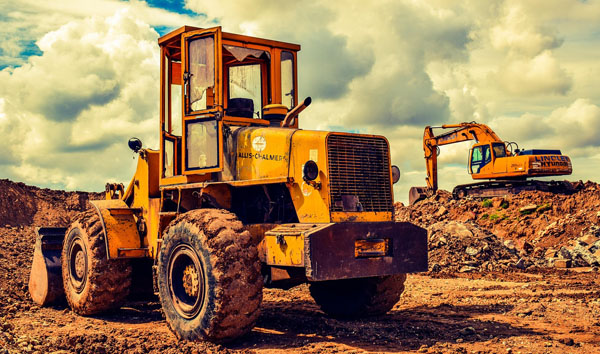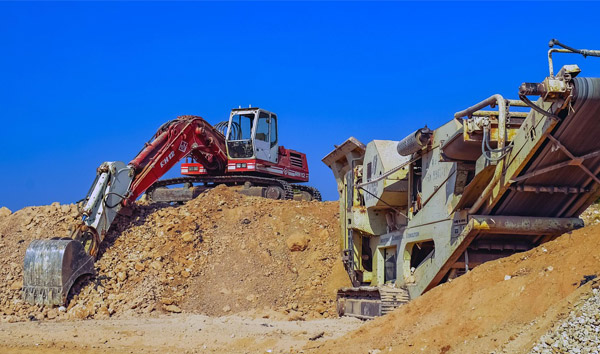Revolutionizing Heavy Lifting: The Future of Rough Terrain Forklift Intelligent Control Systems
2025-07-04 03:55:28
The Rough Terrain Forklift industry is undergoing a paradigm shift with the adoption of intelligent control systems. These systems leverage AI and IoT to enhance precision, safety, and efficiency in demanding environments. According to a 2023 report by MarketsandMarkets, the global market for intelligent forklift solutions is projected to grow at a CAGR of 12.7% by 2028, driven by increasing demand in construction, mining, and agriculture sectors. The rough terrain forklift, traditionally reliant on operator skill, now benefits from automation and real-time data analytics.
Key Components of Intelligent Control Systems Modern rough terrain forklifts equipped with intelligent control systems incorporate multiple sensors, GPS tracking, and machine learning algorithms. These components work synergistically to optimize load distribution, prevent tip-overs, and adapt to uneven surfaces. For instance, LiDAR sensors detect obstacles in real time, while predictive analytics adjust hydraulic pressure based on terrain conditions. A 2022 study by the International Journal of Heavy Equipment Systems found that intelligent control systems reduced operational accidents by 34% in rough terrain forklift applications.
Operational Efficiency and Cost Savings The implementation of intelligent control systems in rough terrain forklifts has demonstrated significant cost savings for enterprises. By minimizing human error and fuel consumption, companies report a 22% reduction in operational expenses, as per data from the Construction Equipment Association. Additionally, predictive maintenance features, enabled by IoT connectivity, extend the lifespan of rough terrain forklifts by up to 20%. These systems analyze engine performance and wear patterns, scheduling maintenance before costly breakdowns occur.
Industry Adoption and Challenges Despite the clear advantages, the adoption of intelligent control systems in rough terrain forklifts faces hurdles. High initial costs and the need for specialized training remain barriers, particularly for small and medium-sized enterprises. However, industry leaders like Caterpillar and JCB are investing heavily in R&D to make these systems more accessible. A 2023 survey by Forklift Action revealed that 58% of fleet managers prioritize intelligent control systems for future rough terrain forklift purchases, signaling a growing market trend.
Future Prospects and Innovations The future of rough terrain forklift intelligent control systems lies in further integration with autonomous technologies. Companies are testing fully autonomous rough terrain forklifts for remote mining and disaster relief operations. Advances in 5G connectivity and edge computing will enable faster decision-making, reducing latency in critical applications. As the technology matures, experts predict that intelligent control systems will become standard in all rough terrain forklifts, revolutionizing material handling across industries.














